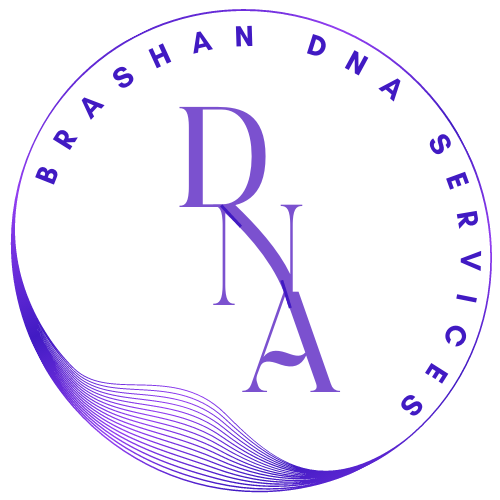DNA Testing in Immigration Cases: How it Works
DNA testing in immigration cases is typically requested by the Immigration Services when there is doubt about an applicant’s claimed relationship with a relative who is already living in the country. They may request that both the applicant and their relative submit samples for testing, which will then be compared against each other to determine if they share any genetic markers that would indicate a biological relationship between them. If there is a match, it can help prove that the relationship exists as claimed by the applicant.
What Are the Implications of a Positive Test Result?
A positive result of a DNA test shows that two individuals are related as claimed by an applicant, and it can help support their application for immigration status or other benefits such as family reunification or asylum. However, if the results show that there is no biological relationship between them, it could lead to the denial of an application or other negative consequences depending on the circumstances of each case.
Conclusion
DNA testing in immigration cases has become an important tool for verifying family relationships, as it provides reliable evidence that can help support or deny an application for benefits or status changes. Most importantly, applicants and their families need to understand how this process works and what implications it may have on their case before submitting samples for testing.

